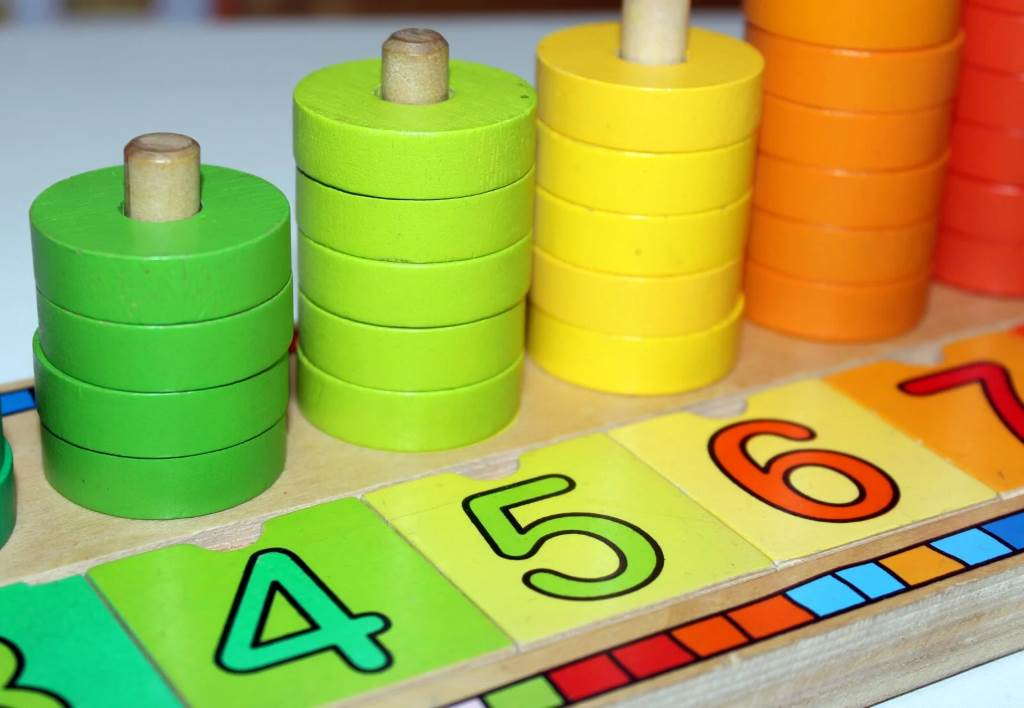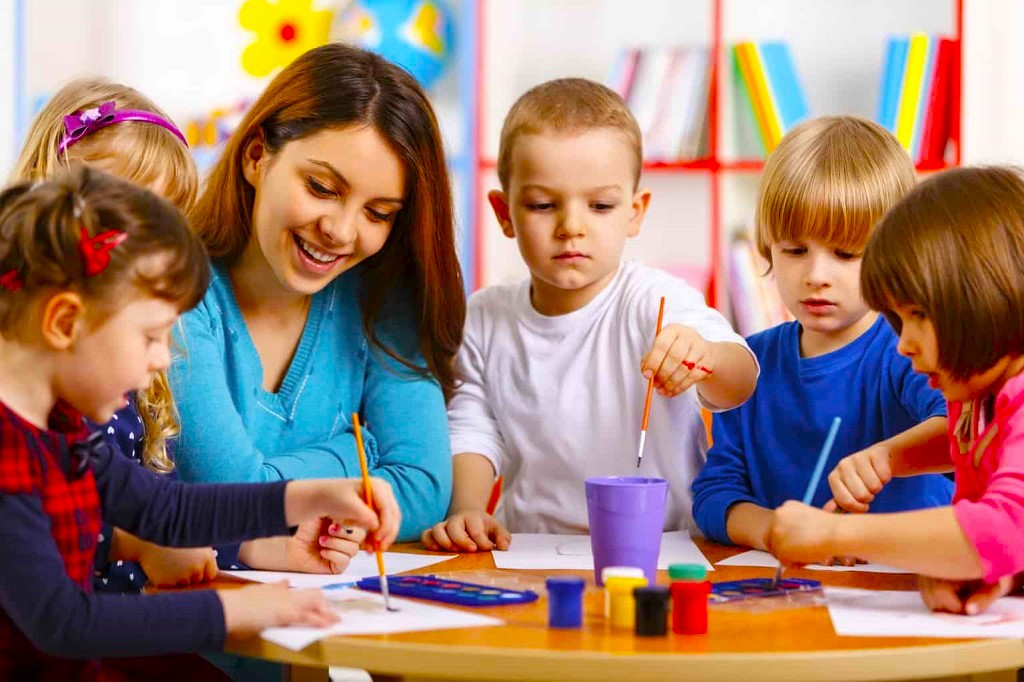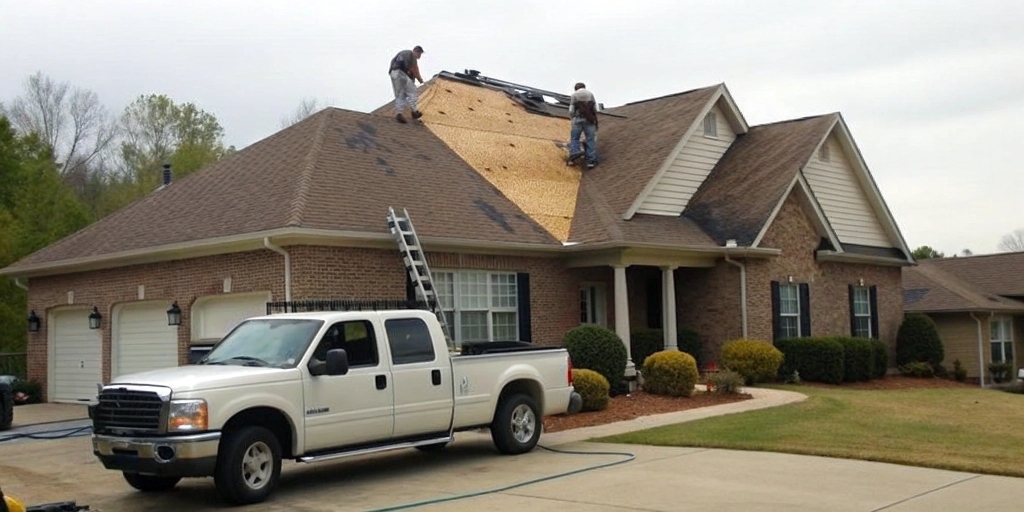The key or the tone in which we have to educate at the moment, I think it is marked by two points one of them is the strength.Boys should be strong but the influence of the environment is also very strong, so adaptability is important. I think the image of the reed explains well, that the children do not break but that “they” can bend, change their position.
This is logical but it is not easy, in general, it is noticed that the parents to the changes and unforeseen situations presented to them react in two ways.
Stiffly
It is the fathers who cannot tolerate the situation and covers his children with an authoritarianism full of negatives, which erode the relationship with them so that what they do not lose for lack of limits lose it for lack of communication.
With innocence
Do not understand what happens with their children, do not know what to do and do not face the situation. They are the ones who do not see the obvious “who put their hands in the fire for So-and-so” and end up burning. Things are changing a lot and at a dizzying pace. We can not educate with the same scheme of five years ago.
We speak of strength and adaptability. What is the firm person? It is the one that has its own convictions and does not bend, adapts. They are qualities of people with the strong will but also with the clear mind. The difference between weakness and adaptability is that the weak do not think, Claudia, yield, have no capacity to act for reasons of their own.
He who adapts, reasons, ponders motives, reflects. It is evident that intelligence and will always go together. You can not want good in a stable and strong way if there is no possibility of reflecting on it.
The will is the motor, is the cause of action, is the main force that integrates the character of a person. The educational task tends to help achieve internal coherence, deep convictions, and firmness to act. And in this the intellectual factor intervenes as a most important piece: if we say that the will wants what the intelligence shows as true, we deduce that man chooses in proportion to those he knows. That is why we cannot educate without constantly putting motives to act.
There is an abyss between ordering because there is no choice but to order because I see it as necessary. To educate the will is to get those who can already appeal to their reason want to be orderly, responsible, etc., and understand that for him that is good.
But another problem that we often encounter is with the disability barrier; Is the case of the boy who wants but cannot. What do we say about a boy like that? That “has no habits”.
Parents must understand that it is a question of the child acquiring in his childhood what he will transform into a virtue when he freely assumes it with his intelligence. Hence the importance of creating in our family an environment as stable as possible to counteract the lack of stability on the outside. The environment of a boy is not only his family and the school; it is the TV, the club, the friends, the games, the computer. Previously there were habits acquired in early childhood because the stimuli were stable by them: family roles, schedules, entertainment, time, etc. Perhaps there were no basic motivations but that climate facilitated the formation of orderly brains.
Stimulate positive
Recognize achievements before you try to avoid mistakes. Explain the reasons why we ask or teach something. Know what are the motives that move to act in a certain way. According to your reasons, reason ours. Know how to ask.
In the future, on this framework will come the motives of rebellion, TV, social pressure, but at least, we have left the best legacy that can leave a child that is his ability to use Himself and his personal safety.







